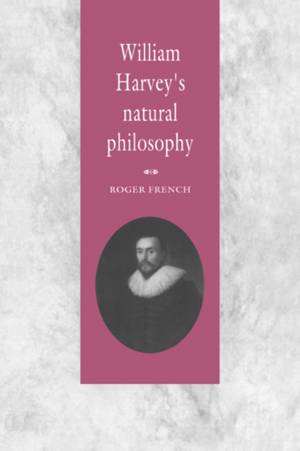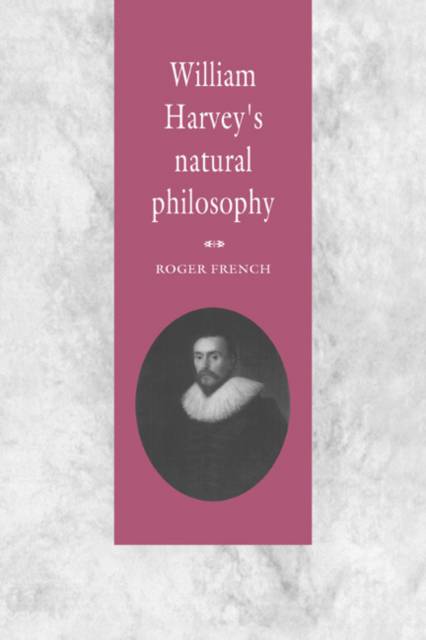
- Afhalen na 1 uur in een winkel met voorraad
- Gratis thuislevering in België vanaf € 30
- Ruim aanbod met 7 miljoen producten
- Afhalen na 1 uur in een winkel met voorraad
- Gratis thuislevering in België vanaf € 30
- Ruim aanbod met 7 miljoen producten
Zoeken
€ 194,95
+ 389 punten
Uitvoering
Omschrijving
William Harvey (1578-1657) was one of the greatest figures in the history of medicine. His major contribution to the medical sciences was his discovery of the circulation of blood. He was also the personal physician to both James I and Charles I. William Harvey's natural philosophy was a view of the world that he developed during his education in Cambridge and Padua. It contained ways of structuring knowledge, formulating questions, and arriving at answers that directed the program of work in which he discovered the circulation of the blood. This book, the most extensive discussion of Harvey to be published in over 25 years, reports extensively on the views of those who argued for and against him. Professor French studies the major changes in natural philosophy in a period considered central to the history of science, and argues that natural philosophy, and particularly Harvey's specialty within it--anatomy--were theocentric. This work, which makes extensive use of primary (Latin) sources and is illustrated throughout with seventeenth-century illustrations, should be of value to historians of medicine and physicians interested in the history of their field.
Specificaties
Betrokkenen
- Auteur(s):
- Uitgeverij:
Inhoud
- Aantal bladzijden:
- 408
- Taal:
- Engels
Eigenschappen
- Productcode (EAN):
- 9780521455350
- Verschijningsdatum:
- 26/08/1994
- Uitvoering:
- Hardcover
- Formaat:
- Genaaid
- Afmetingen:
- 158 mm x 235 mm
- Gewicht:
- 680 g

Alleen bij Standaard Boekhandel
+ 389 punten op je klantenkaart van Standaard Boekhandel
Beoordelingen
We publiceren alleen reviews die voldoen aan de voorwaarden voor reviews. Bekijk onze voorwaarden voor reviews.











